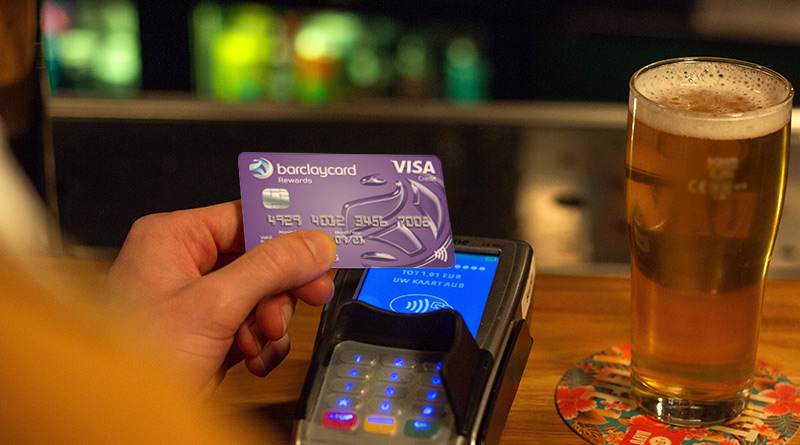Card Spending Grew just 3.6% in May but Pubs & Bars See Sales Uplift

Consumer card spending grew just 3.6 per cent year-on-year in May – less than half the latest CPIH* inflation rate of 7.8 per cent and lower than April (4.3 per cent) – as Brits cut back on discretionary purchases to cope with mounting inflation and food prices. However, May’s long bank holiday weekends provided a welcome uplift to pubs, bars and clubs and the entertainment sector, while both digital content and takeaways enjoyed their highest growth so far this year.
Spending on groceries surged 8.9 per cent year-on-year – the highest growth in the category in over two years. Aside from the near-record rate of food price inflation (19.1 per cent**), grocery spend also received a boost from the Coronation bank holiday weekend and Eurovision, due to Brits buying food and drink for street parties and celebrations at home.
Spend on fuel saw its third consecutive month of decline in May (-10.7 per cent year-on-year), largely thanks to the drop in prices against May 2022, when they were much higher due to the Russian invasion of Ukraine.
May showers dampen discretionary spending
Spending on non-essential items increased just 3.0 per cent this month – less than in April (4.6 per cent) – as half (50 per cent) of consumers say they are cutting down on discretionary spending to cope with rising household bills.
The unseasonal and inconsistent weather in May led Brits to hold off on making new summer wardrobe purchases. As a result, clothing saw its largest decline in over two years (-5.1 per cent), while department stores (1.9 per cent) experienced its smallest uplift since November 2022.
This comes as a quarter (26 per cent) of shoppers say they are cutting back on buying new summer outfits due to the rising cost-of-living, and over a third (35 per cent) plan to re-wear more of their old summer clothes for the same reason. Meanwhile, discount stores enjoyed growth of 5.0 per cent, in another sign that consumers continue to seek value wherever possible.
Pubs and bars enjoy bank holiday boost
As Brits continue to cut back on eating out to cope with cost-of-living pressures, restaurants saw another month of decline (-5.3 per cent). However, the Coronation and May bank holiday weekends encouraged Brits to make more social plans, fuelling spending at pubs, bars & clubs (6.4 per cent), as well as on entertainment (7.3 per cent).
With the arrival of summer, spending on airlines also increased by a third (34.4 per cent), as 13 per cent say they have set money aside to enjoy a holiday abroad this year. This comes as spending on hotels, resorts and accommodation saw a -4.9 per cent decline, showing that demand for staycations is tapering off now that holidaymakers have the option to travel abroad.
Consumer confidence endures
Despite persistent cost-of-living pressures, Brits are generally feeling confident in their household finances (64 per cent) and ability to live within their means each month (68 per cent). Meanwhile, confidence in the future of the UK economy has slightly increased, rising from 25 per cent to 28 per cent.
Esme Harwood, Director at Barclays, said: “Consumers are still paying close attention to their everyday spending, and we are seeing growing concerns around “shrinkflation” in the weekly shop.
“Many are having to forgo discretionary purchases to offset rising food prices, with clothing and restaurants most impacted.
“However, the growth witnessed at pubs, airlines and entertainment venues shows that Brits are still finding room in the budget to enjoy nights out and holidays.”
Silvia Ardagna, Head of European Economics Research at Barclays, said: “Although the latest headline figures show that inflation has fallen due to lower energy prices, the prices of core services and goods remain stubbornly high and continue to constrain real household disposable income and spending.
“The UK economy has escaped a technical recession for now, but the forward-looking outlook remains one in which the economy is likely to stagnate as the impact of monetary tightening will more than offset the relief from lower energy prices.”
